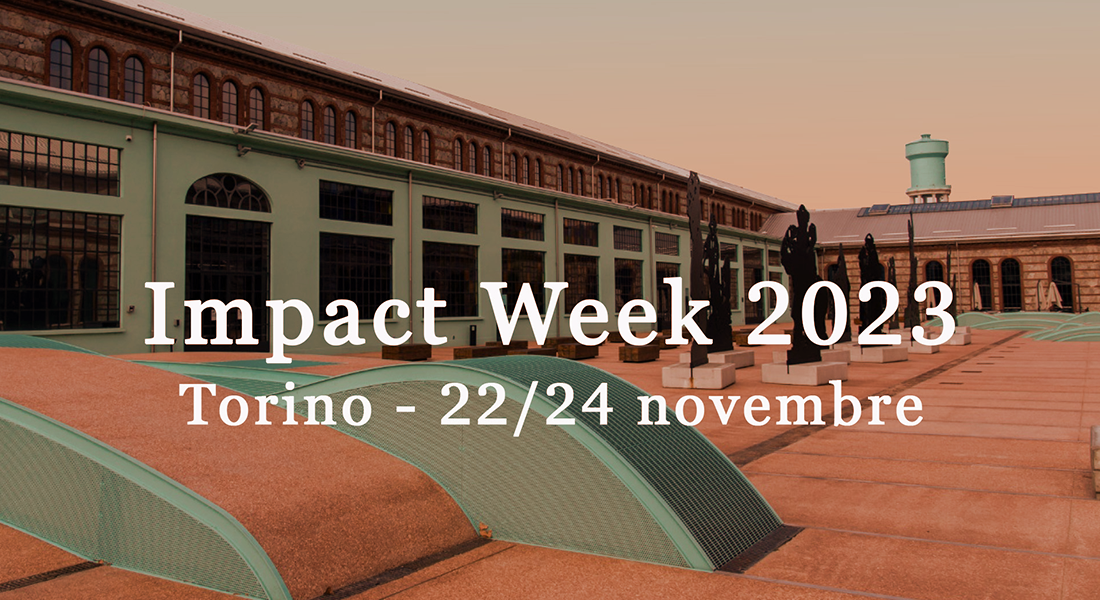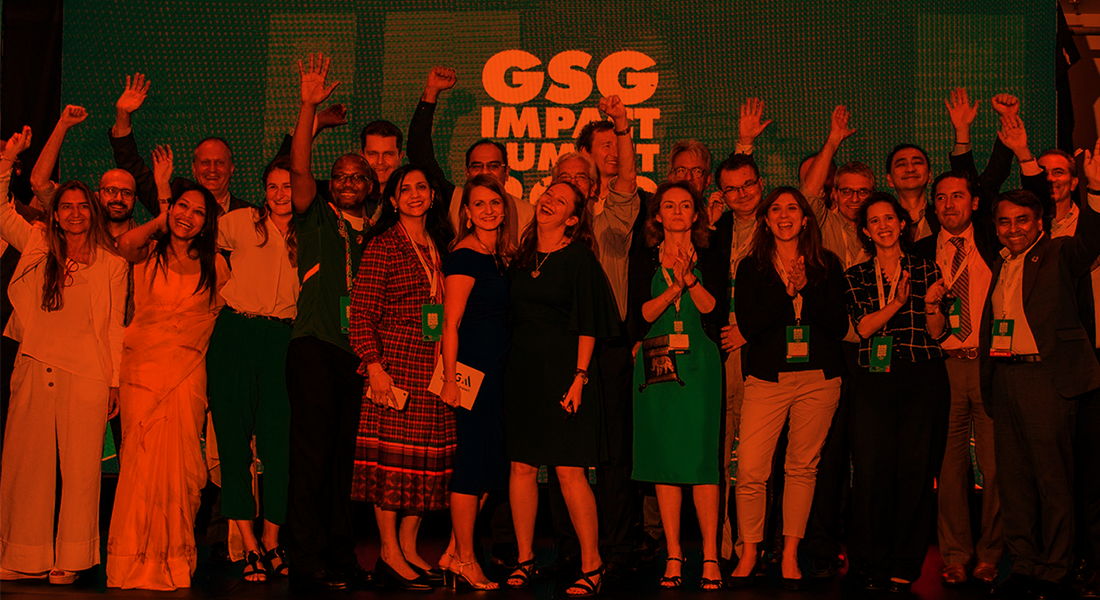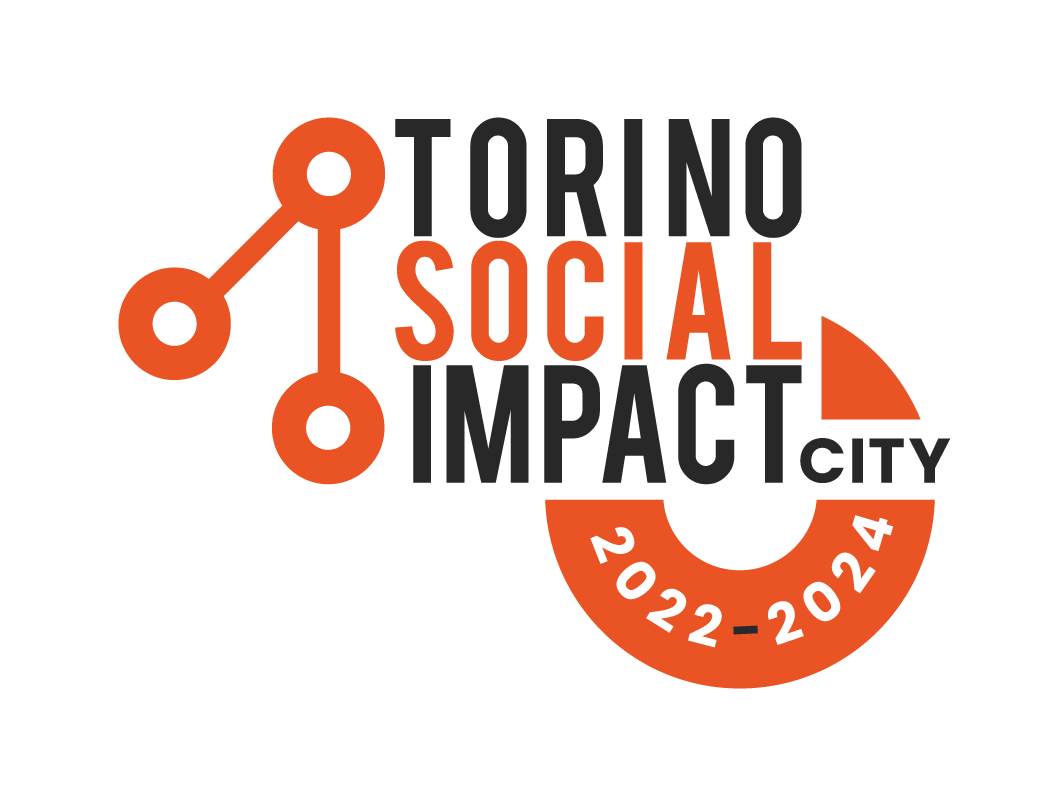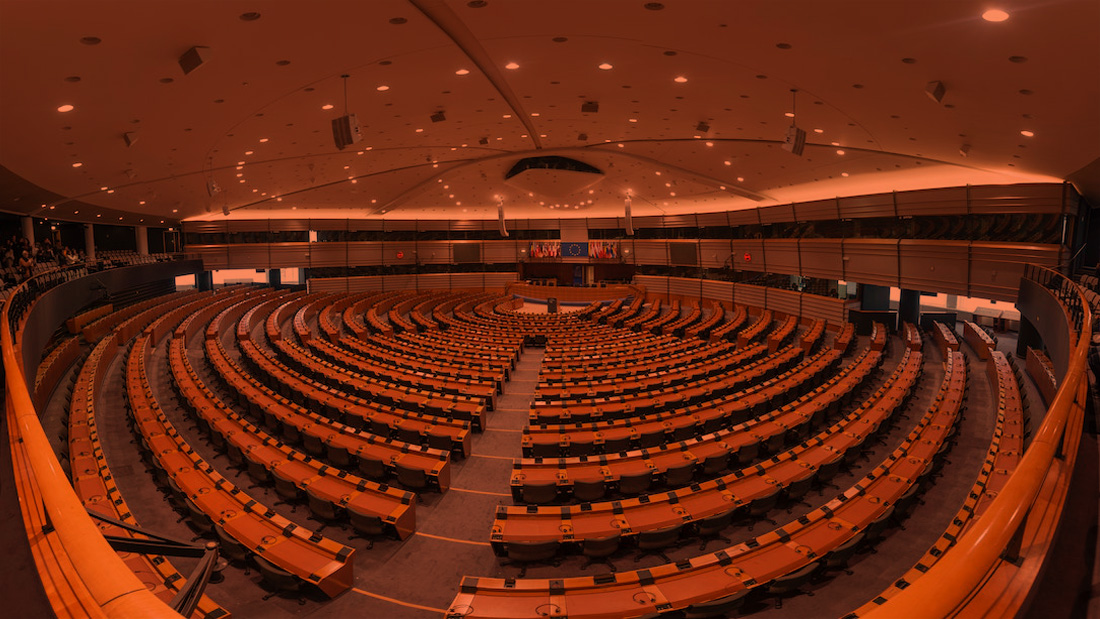Socially responsible public procurement (SRPP) is a policy approach public (and private) actors can use in order to promote social impact and foster sustainable development. Through responsible purchasing of goods and services, public authorities can enhance positive change such as promoting employment opportunities, social inclusion, accessibility.
Public buyers are major investors in Europe, spending 14% of the EU’s gross domestic product thus being able to affect the market in order to promote social value. However, member states are not yet exploiting the possibilities of responsible public procurement as a strategic tool to support social policy objectives.
The European Commission published a collection of several (71) good practices of Socially responsible public procurement, implemented within the EU (in 22 countries) and in non-member states (in 5 countries). Among these experiences, 17 case studies include cross-sectoral or policy level initiatives supporting SRPP for example, the use of employment clauses in public procurement contracts in order to support or include specific target groups or market actors (e.g. vulnerable people far from the labor market, social enterprises, etc.). In France, more specifically in the Grand East Region, contracting authorities within the region are including employment clauses as a key instrument to promote work inclusion of groups with limited access to the labor market. A network of facilitators supports local actors (public and private) involved in the contracting procedure in order to successfully implement such employment clauses. Facilitators act as go-betweens, between contracting authorities and operators that take part in public procurement markets (social economy enterprises, employment services, NGOs, etc.). Facilitators supports involved actors across the full procurement cycle, from the identification of potential tenderers, support in drafting proposals, up to the contract monitoring. Cooperation between contracting authorities and facilitators is underpinned by a long- term planning of employment opportunities for disadvantaged people through public procurement. This long-term vision enables facilitators to better plan and implement SRPP instruments, by mapping upcoming opportunities, identify specific needs, scout operators with potential to access public procurement and investigate and address possible barriers to public procurement access (e.g. competences).
The City of Turin also use a policy instrument in order to ease vulnerable people’s access to the labor market, through public procurement. This mechanism is the Regolamento 307 (regulation 307), one of the first SRPP instrument of this sort in Europe that the City has implemented since 1998.
According to the regulation, contracting authorities can secure public purchase of goods and services from operators that employ vulnerable people or people with disabilities. Among other evaluation criteria, the economic operators’ offer is assessed by evaluating the progetto tecnico, i.e. the project describing the work inclusion of vulnerable people/people with disabilities. The City of Turin foresees a support to the implementation of the regulation; actors involved (contracting authorities, private economic operators, social services, etc.) are supported from tender drafting to the evaluation of the technical offer. In addition, support is ensured for contract monitoring and for mediation between contracting authorities, economic operators and social services in case difficult situations with beneficiaries arise.
In 2016, through the regulation, public authorities promoted the employment of 579 people, more than 60% were women.
You can access the Commission full report here
Archivio:
 New legal opinion on true and fair shows company directors how to include sustainability in their financial accounts22 February 2024
New legal opinion on true and fair shows company directors how to include sustainability in their financial accounts22 February 2024 Corporate sustainability due diligence14 December 2023
Corporate sustainability due diligence14 December 2023 Introducing the Impact Taskforce (ITF) State of Play 202312 December 2023
Introducing the Impact Taskforce (ITF) State of Play 202312 December 2023 Coke launches $137.7m sustainability fund15 September 2023
Coke launches $137.7m sustainability fund15 September 2023 Impact Investing UK case study repository15 September 2023
Impact Investing UK case study repository15 September 2023 European Commission adopted a Proposal for non-profit associations13 September 2023
European Commission adopted a Proposal for non-profit associations13 September 2023 Historic moment for the Social and Solidarity Economy: the UN General Assembly adopts a resolution17 June 2023
Historic moment for the Social and Solidarity Economy: the UN General Assembly adopts a resolution17 June 2023 The Commission approves a proposal for Council recommendation for Member States on developing social economy framework conditions17 June 2023
The Commission approves a proposal for Council recommendation for Member States on developing social economy framework conditions17 June 2023 Updates from the ISSB Board for the issuing of global sustainability standards on January 202428 February 2023
Updates from the ISSB Board for the issuing of global sustainability standards on January 202428 February 2023 In 2023, Turin will be the European capital of social and environmental impact finance19 December 2022
In 2023, Turin will be the European capital of social and environmental impact finance19 December 2022 Turn in European social procurement policies16 December 2022
Turn in European social procurement policies16 December 2022 The transition pathway for proximity & social economy15 December 2022
The transition pathway for proximity & social economy15 December 2022 Social Value Matters Europe in October in Turin27 June 2022
Social Value Matters Europe in October in Turin27 June 2022 The Global Citizen Impact Funds02 May 2022
The Global Citizen Impact Funds02 May 2022 Mayors, unions and the International Energy Agency join forces to boost a just energy transition02 May 2022
Mayors, unions and the International Energy Agency join forces to boost a just energy transition02 May 2022 Social impact integrates the new European innovation ecosystems09 February 2022
Social impact integrates the new European innovation ecosystems09 February 2022 EU co-creation of the proximity and social economy ecosystem09 February 2022
EU co-creation of the proximity and social economy ecosystem09 February 2022 The Impact Taskforce: time to deliver07 February 2022
The Impact Taskforce: time to deliver07 February 2022 Italy: ten million for benefit companies10 December 2021
Italy: ten million for benefit companies10 December 2021 Peer2Peer: Amsterdam Impact29 September 2021
Peer2Peer: Amsterdam Impact29 September 2021 EU Social Taxonomy for a sustainable finance27 September 2021
EU Social Taxonomy for a sustainable finance27 September 2021 EVPA position paper on EU Action Plan for the Social Economy20 September 2021
EVPA position paper on EU Action Plan for the Social Economy20 September 2021 Generation Changemaker29 June 2021
Generation Changemaker29 June 2021 Social Stock Exchange, Paris launches an index for the best responsible and sustainable companies22 April 2021
Social Stock Exchange, Paris launches an index for the best responsible and sustainable companies22 April 2021 The Franchising Push for Social Impact31 March 2021
The Franchising Push for Social Impact31 March 2021 B20 at the start, in the sign of the impact revolution18 February 2021
B20 at the start, in the sign of the impact revolution18 February 2021 Everyone a Changemaker, Ashoka’s mission15 February 2021
Everyone a Changemaker, Ashoka’s mission15 February 2021 The Final Statement of The Economy of Francesco10 December 2020
The Final Statement of The Economy of Francesco10 December 2020 The Gaetano Marzotto Prize looks to social impact with the first edition of the 2030 SI Prize10 December 2020
The Gaetano Marzotto Prize looks to social impact with the first edition of the 2030 SI Prize10 December 2020 B Corp and B Movement Builders11 November 2020
B Corp and B Movement Builders11 November 2020 Road to Mannheim 2021, European Social Economy Summit08 October 2020
Road to Mannheim 2021, European Social Economy Summit08 October 2020 Responsible Banking07 October 2020
Responsible Banking07 October 2020 Cities and Social Impact Bonds05 October 2020
Cities and Social Impact Bonds05 October 2020 GSG leaders call governments for action to put impact at the heart of the Covid-19 economic recovery 30 September 2020
GSG leaders call governments for action to put impact at the heart of the Covid-19 economic recovery 30 September 2020 If not now, then when?22 May 2020
If not now, then when?22 May 2020 Sustainable finance: Commission welcomes deal on an EU-wide classification system for sustainable investments27 February 2020
Sustainable finance: Commission welcomes deal on an EU-wide classification system for sustainable investments27 February 2020 Strong Social Europe for Just Transitions27 February 2020
Strong Social Europe for Just Transitions27 February 2020 The Global Steering Group for Impact Investment18 November 2019
The Global Steering Group for Impact Investment18 November 2019



















